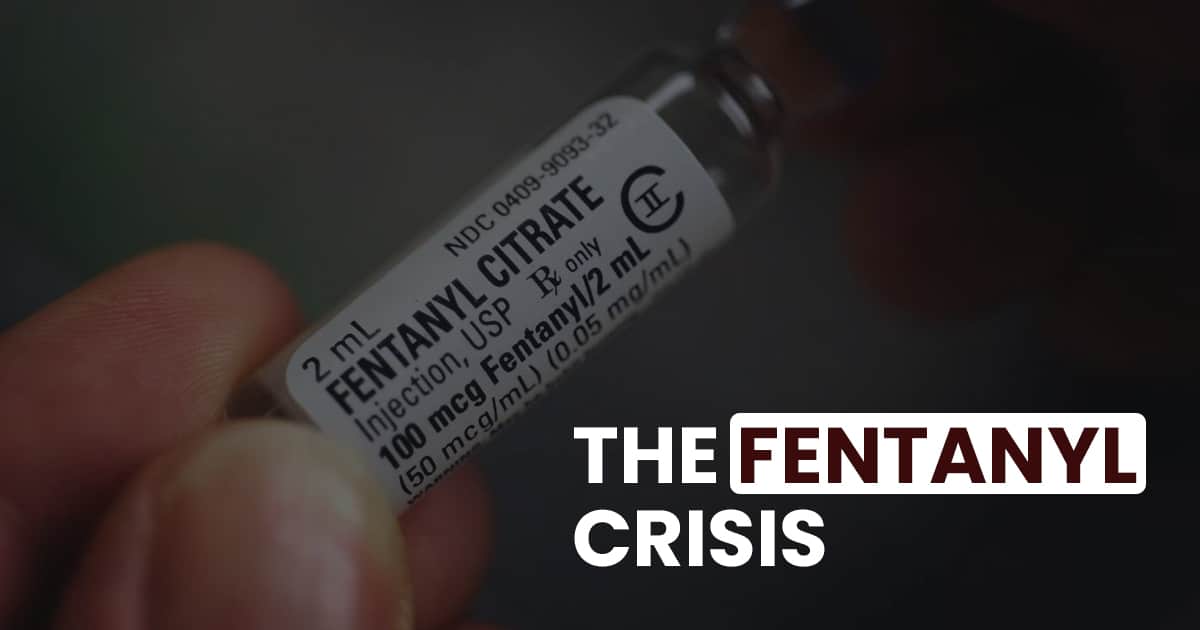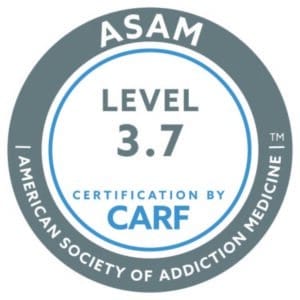Fentanyl is a synthetic opioid that offers pain relief to those who suffer from severe or chronic pain conditions. This drug can cause harm or death to individuals who abuse or are accidentally exposed it.
The world is struggling with an opioid overdose epidemic for the past decades. The fentanyl crisis we face in the United States has been one of the worst public health issues.
How is the Fentanyl Crisis Deadlier than Ever Before?
Fentanyl and other synthetic opioids, are the most common illicit drugs with the risk of overdose deaths in the United States. According to the Centers for Disease Control and Prevention, overdose deaths involving synthetic opioids were about 12 times higher in 2019 than in 2013.
There were more than 36,000 deaths from overdoses of synthetic opioids in 2019. The latest drug overdose death counts through May 2020 suggest an increase of fentanyl related deaths during the COVID-19 pandemic.
Furthermore, research by the Centers for Disease Control and Prevention also showed that Fentanyl is up to 100 times stronger than morphine.
A closer look at Fentanyl
Fentanyl is a powerful synthetic opioid, often called heroin’s synthetic cousin, among the worst drug offenders. Fentanyl is a drug prescribed to treat patients with chronic pain, especially after surgery.
Different names of Fentanyl
Fentanyl is known by different names like:
- Actiq
- Duragesic
- Sublimaze
Street names for illegally used Fentanyl are:
- Drop Dead
- China White
- Serial Killer
- Shine
- Apache
- China Girl
- Dance Fever
- Goodfella
- Jackpot
- Murder 8
- TNT
- Perco-Pop
Fentanyl Use and Abuse
With a doctor’s prescription, Fentanyl can be given as:
- Injectable
- Dermal Patch
- Lozenges
Fentanyl sold illegally:
- Powder
- Blotter paper
- Eye Droppers and
- Nasal Sprays
- Pills That Look Like Prescription Opioids
Drug dealers often sell Fentanyl mixed with other drugs, such as heroin or cocaine. Lacing drugs with fentanyl produces a more potent high at a lower price. Mixing drugs is especially risky because the user may not know they’ve been dosed.
While battling the opioid crisis, the United States government weighed using Fentanyl for capital punishment.
In 2019, the U.S. Supreme Court examined using Fentanyl in lethal injections as it prepared last year to resume executing prisoners sentenced to death.
How does Fentanyl Affect the Brain?
Fentanyl works by restricting the body’s narcotic receptors. These are found in areas of the brain that control pain, emotions, and feelings.
After taking opioids many times, the brain adjusts to the opioid drugs, diminishing its sensitivity, making it difficult to feel pleasure from anything other than the drug.

Fentanyl’s effects include:
- Euphoria
- Drowsiness
- Nausea
- Confusion
- Constipation
- Sedation
Signs and Symptoms of a Fentanyl Overdose
Fentanyl used purposefully or accidentally can result in accidental death even with just one dose.
Signs and symptoms of a fentanyl overdose include:
- Difficulty in Breathing
- Reduced Heartbeat
- Severe Drowsiness
- Cold Skin
- Confusion
- Dizziness
- Passing Out
Treatment for Fentanyl Addiction
Suddenly stopping Fentanyl use may cause withdrawal symptoms. Primarily, if you have used it for a long time or in high doses, it is crucial toconsult with a medical professionalif you want to quit the addiction.
To prevent withdrawal from drugs, your doctor may lower your dose gradually.
Immediately tell your doctor if you have any withdrawal symptoms such as:
- Restlessness
- Mental/mood changes
- Watering eyes
- Sweating
- Muscle aches
- Sudden changes in behavior
Every aspect of rehabilitation is handled by trained medical professionals. Schedule an appointment with a physician through your insurance company, or ask for help from a loved one to make an appointment if you feel overwhelmed.
Like other opioid addictions, treating the addiction with behavioral therapies is effective for people with a fentanyl addiction.
Some behavioral treatments include:
- Cognitive Behavioral Therapy
- Contingency Management
- Motivational interviewing
The fentanyl crisis is ongoing, but we fight to save one person at a time so we can eventually put an end to all of the senseless death. Are you struggling with an opioid use disorder?
Are you looking to give yourself the best detox experienceto start your road to recovery off right?
Picking up the phone and call us at 949-541-2622 for a quick free consultation with one of our care coordinators.
Opus Health offers residential inpatient treatment, detox, and aftercare to set you up with the physical and mental strength to overcome your opiate addiction and substance use disorders.











